National Leaders of Further Education: guidance for potential applicants
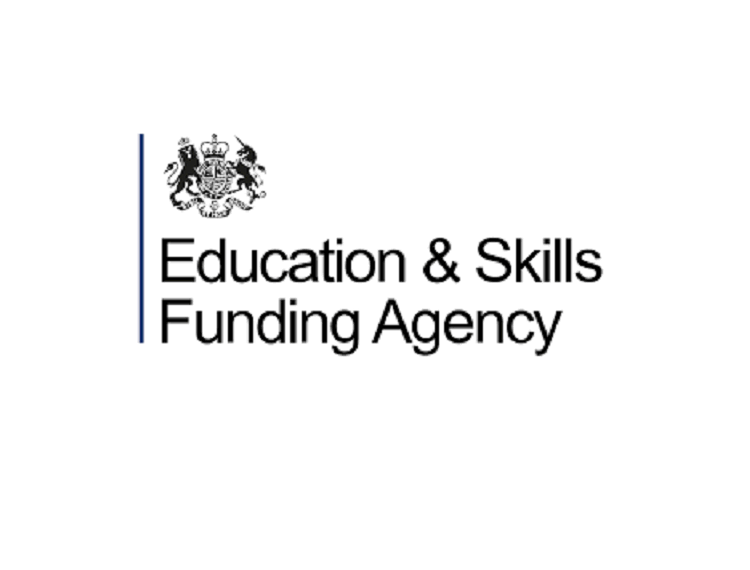
National Leaders of Further Education (NLFEs) are serving college leaders who have a strong track record of delivering improvement – both at their own colleges and in working with others. They will provide strategic mentoring and support to other colleges that need to improve.
The NLFE programme is modelled on the highly successful National Leaders of Education scheme in schools. Its aim is to engage and mobilise outstanding leaders within the further education sector to work with their peers in supporting improvement, so as to secure the best possible outcomes for learners at all colleges. NLFEs will be supported in their role by their senior leadership teams and members of staff in their own colleges.
Participation in the NLFE programme will offer principals and colleges the opportunity to develop the skills of senior staff through leading improvement projects, to work with other NLFEs as part of an active improvement network, and to transfer learning and experience from both back to their home college. Designation as a NLFE will be prestigious, helping colleges to attract good quality staff, and to build strong relationships with employers.
The role of an NLFE
NLFEs will work to support colleges which have been judged as “Requires Improvement” or “Inadequate” at their most recent Ofsted inspection, and need to improve significantly in one or more areas.
Whilst they are part of a larger programme for supporting quality improvement in colleges, NLFEs will have significant autonomy in determining how they deliver support and will tailor their work to fit the particular needs of the college(s) they are supporting. An NLFE might, for example:
- work with the principal and leadership team of the supported college to identify improvement needs, and potential sources of support
- provide strategic mentoring to the college leadership; or
- work alongside key members of the leadership team on the delivery of specific improvement programmes
In some cases NLFEs may be approached directly by other colleges seeking improvement support. In other cases, the Further Education Commissioner may identify a need for support, and help broker a partnership with an NLFE. Where NLFEs identify an improvement need in another college, they may also make an approach to that college to seek to establish a partnership.
NLFEs may work to support improvement within their own region, or with a college in a neighbouring region, where issues around competition between the relevant institutions are less likely to arise.
Where an NLFE is engaged on the delivery of a major improvement project, the NLFE will diagnose and review improvement needs, and will work with the leadership of the college to draw up an appropriate improvement plan, identifying suitable sources of support – including, where applicable, the NLFE and their own college. The NLFE will negotiate the arrangements under which their support is provided to the supported college, see section on Funding below.
Each year, an NLFE (including their team) is expected to commit a minimum of 10 days to their role, and to undertake at least one major improvement project partnering with another college. The time commitment involved in delivery of a major project will vary significantly according to the nature of the improvement activities involved, and the NLFE’s role.
Funding
Funding for work as an NLFE will come from 2 sources:
An annual bursary
DfE will provide the NLFE’s home institution with an annual bursary that can be used to cover costs associated with the NLFE role. The value of the bursary will be £10K per annum. The costs covered through the bursary could include, for example:
- travel for meetings, NLFE training and network events
- travel to an initial meeting with a college to discuss a potential need
- the cost of staff cover in relation to those activities
- professional development for the NLFE’s college team which is related to the NLFE role; and
- other non-recoverable costs incurred as part of the NLFE role
The supported college
For major projects, and other support activity where the costs incurred by the NLFE exceed the amount provided for in the annual bursary, the NLFE’s costs will be need to be recovered from the supported college. The supported college may be eligible to apply to the Strategic College Improvement Fund to help meet those costs.
Training and development
All new NLFEs will attend an induction workshop. They will also be invited to join a network with other NLFEs where they can share experience and good practice in delivering improvement support.
Reporting
NLFEs’ colleges will be required to report on bursary spending at the end of each financial year, and give an account of their improvement work and its impact at the end of each academic year. If an NLFE fails to provide the minimum level of support in any given academic year, his or her status will be reviewed, and some or all of the bursary funding paid for that period may be repayable.
Recruitment and appointment
In total, we are aiming to appoint 30 to 35 NLFEs by the end of 2018, through a phased approach.
The current recruitment round is expected to lead to the appointment of an initial 10 to 15 NLFEs. Depending on the volume and quality of applications received as part of this initial round, further appointments may be made in the first half of 2018.
We expect that there will be a further recruitment round in the autumn of 2018.
NLFEs will be appointed for up to 3 years. At the end of their period of appointment, they may apply for re-appointment.
Eligibility
To be eligible to apply to become an NLFE, you must:
- be a serving CEO Principal of a general or specialist further education college or sixth-form college
- have been a substantive CEO Principal for 5 years or more (at point of application), in which time you have been legally responsible for the management of a college and accountable to the governing body, and
- either be named as CEO Principal in the most recent Ofsted inspection report for your current college where ‘overall effectiveness’, ‘leadership and management’ and ‘teaching, learning and assessment’ have been judged as at least ‘good’
- or be named in the most recent Ofsted inspection for your previous college with the same grading as described in the previous bullet (where the most recent Ofsted inspection for your current college pre-dates the point at which you became CEO Principal, or where your current college is treated by Ofsted as a new provider and does not yet have an Ofsted inspection grade)
Application form
Part A of the application requires you to provide basic details, and confirm your eligibility, by providing details of your roles over the last 5 years, and of the relevant Ofsted report.
Part B of the application form invites you to submit evidence to demonstrate your suitability for the role across three key areas:
- your track record of driving improvement in your college, with a clear impact on performance and outcomes
- your track record of supporting improvement in other colleges; and
- your plans for how, if you were appointed, you would work as an NLFE to support improvement
Further detail on the questions for each of these 3 areas is provided below.
Part C of the application asks for references from 2 senior education professionals who can endorse your track record, and requires both the applicant and the Chair of Governors at the college to sign declarations relating to the application.
Assessment process
Your application will be subject to a rigorous assessment process, based on the assessment criteria set out below. That will include a review of your skills, expertise and track record, Ofsted inspection reports, and the data that DfE and ESFA already hold on institutions in which you have served.
Following an initial paper-based sift, short-listed candidates will be invited to a second stage process comprising an interview and scenario-based exercise.
In making decisions on applications, we will also consider other factors relevant to the objectives of the NLFE programme. These may include, for example, the need for a balanced geographical distribution, and for a range of experience across the NLFE cadre that matches the likely improvement needs of colleges within the sector.
To minimise bureaucracy, in assessing your application DfE make reference to relevant published performance data for the last 5 years. These will include:
- qualification achievement rates
- progress scores, including GCSE English and maths
- destination measures
- retention
- evidence related to financial management
You will be given the opportunity to provide a narrative on your impact on learner outcomes within Part B of the application. If there are any dips or anomalies, it is an opportunity to explain why these have happened or what action has been taken to rectify them.
Questions for applicants
As part of your application you will be asked to provide evidence in response to the following questions. Please see the application form for details of the assessment criteria which will be used in considering your application.
Track Record – Driving improvement in your college
Questions:
(a) Please provide an overview of the improvement work that you have led in your own college, covering detail such as diagnosis of issues, planning, decision making, relationship management, staff development, and systems reform. Also refer to difficulties you encountered and strategies you used for overcoming them. (max 800 words)
(b) Please outline the impact of your work within the college such as impact on your staff team’s performance, learner outcomes, Ofsted judgements, the institution’s financial health, and its reputation. (max 300 words)
Track record – Supporting improvement at other colleges
Questions:
(c) Please provide an overview of your previous engagement with other colleges in the FE sector to promote improvement, including details such as how you and your staff built relationships, diagnosed the issues and planned improvement activity, who was involved in providing support, and the type of work they undertook. (max 500 words)
(d) Please outline the impact your support has had, both in the college supported and your own college, such as impact on learner outcomes or improved Ofsted judgements. (max 200 words)
Plans for supporting improvement as an NLFE
Question:
(e) Please outline how you will use the experience and capacity from within your college to meet the improvement needs that you have identified within the sector, including brokering of support, and maximise the potential of your role as an NLFE. (max 500 words)
Apply
The current application round closes at 23:59 on 14 November 2017.
Application forms should be submitted to [email protected].
ESFA are aiming to notify applicants of the outcome of the sift, including whether they will be invited for interview, no later than 1 December. Candidates should be aware that interviews are likely to take place in the first half of December.
Contact
If you have any questions about the National Leaders for Further Education programme, or about applications, please contact [email protected]. You can also use this address to register interest in future application rounds.


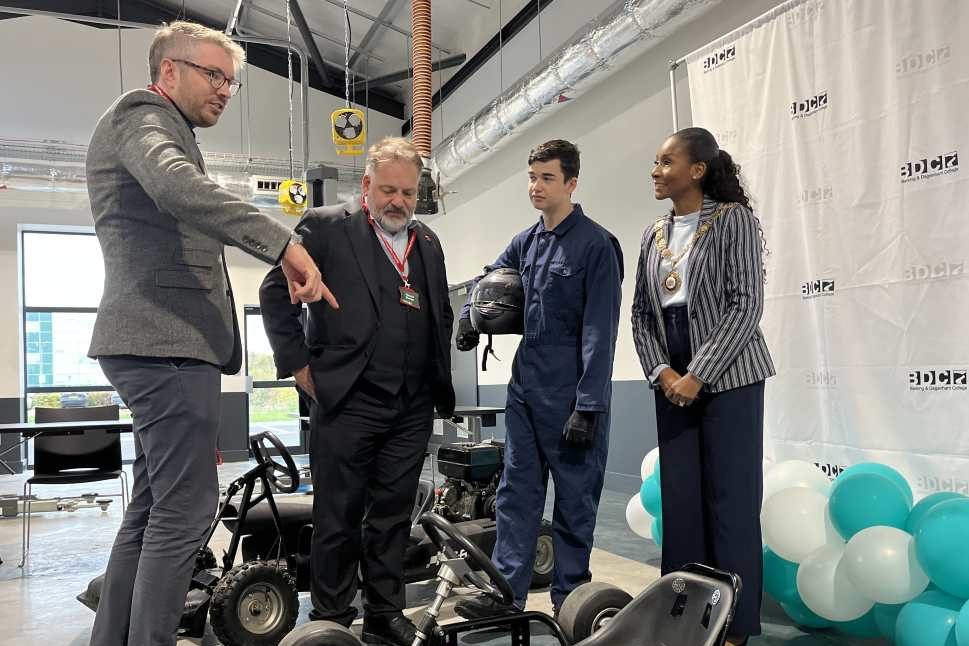

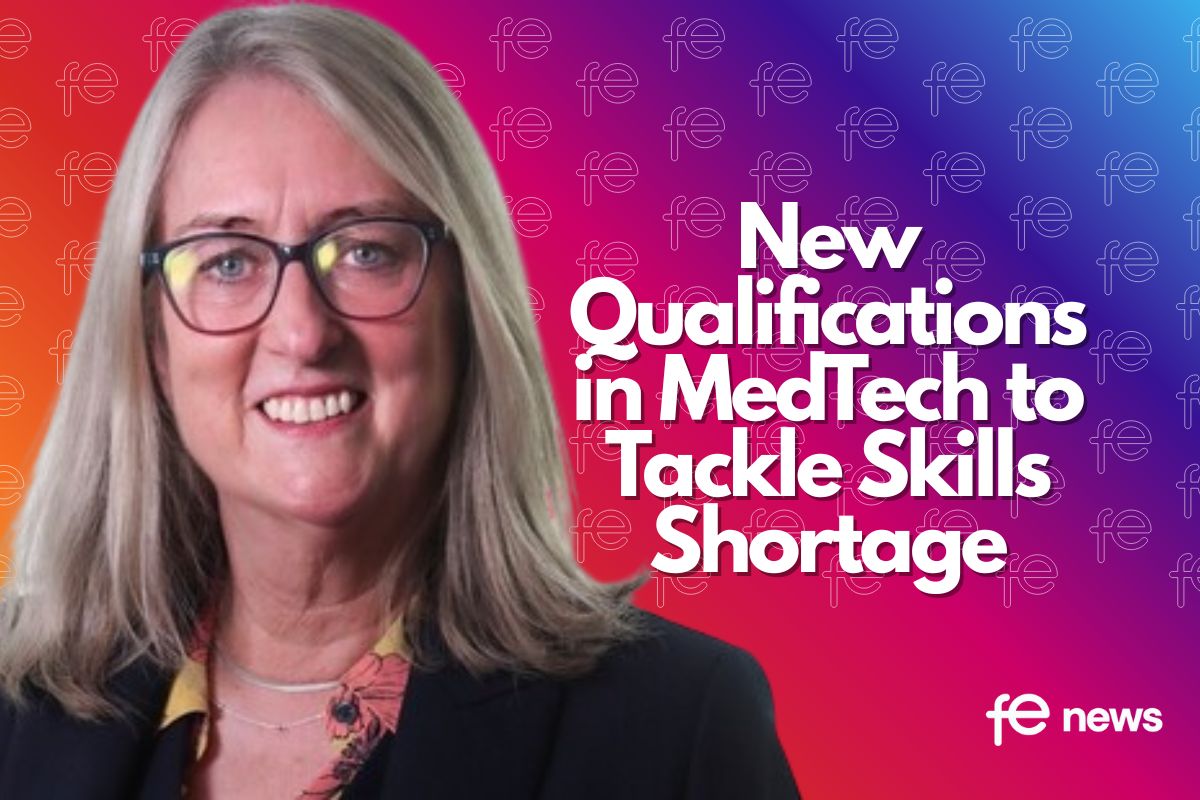
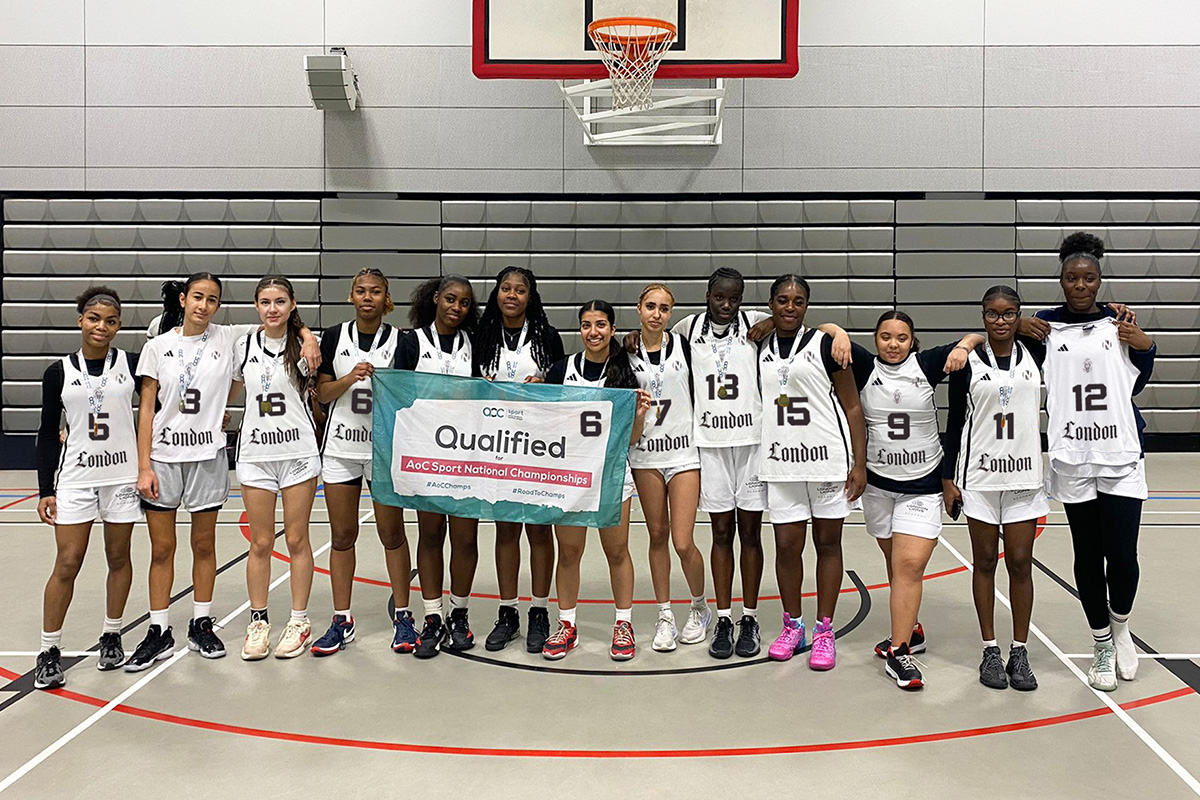
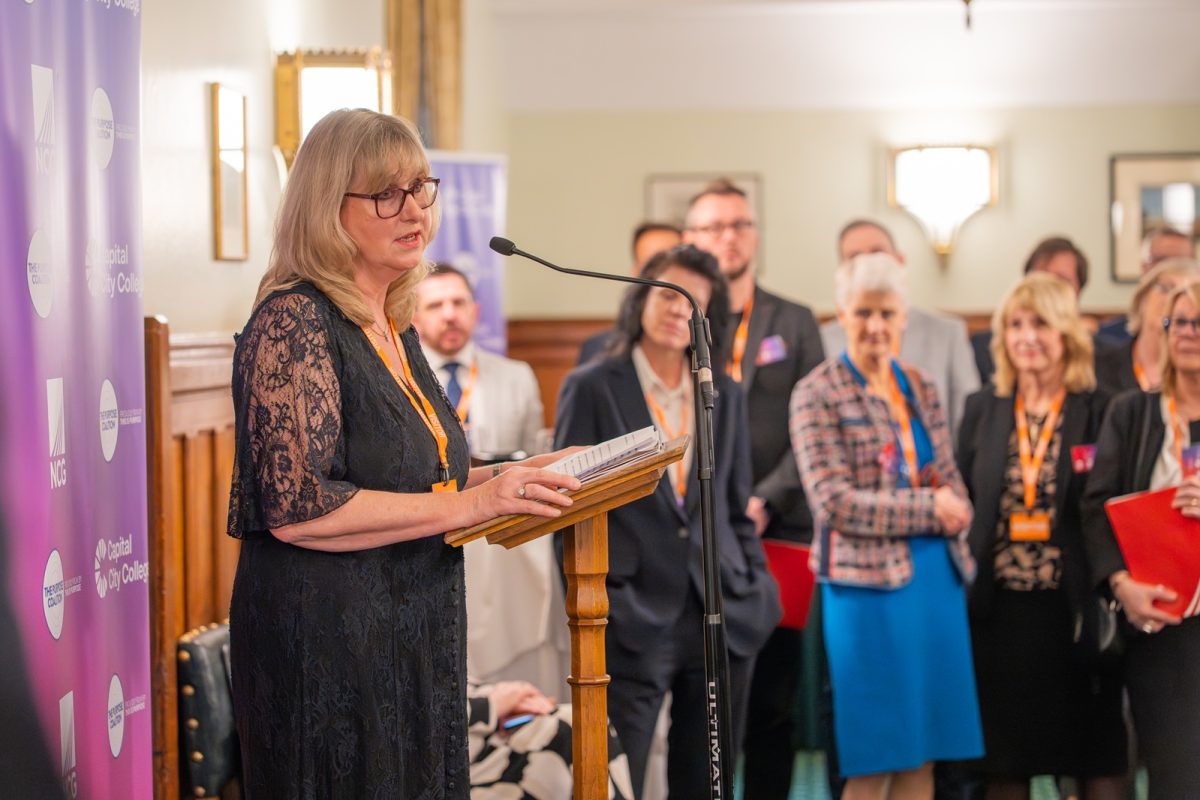


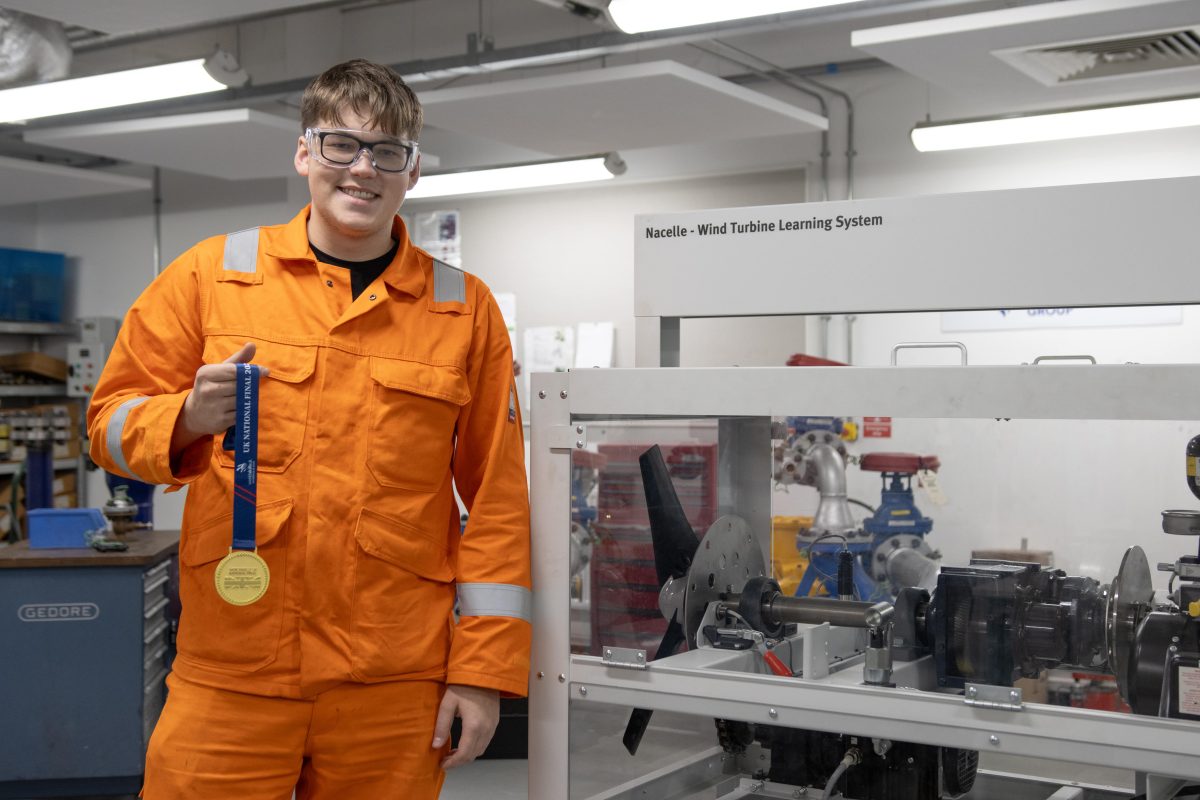

Responses